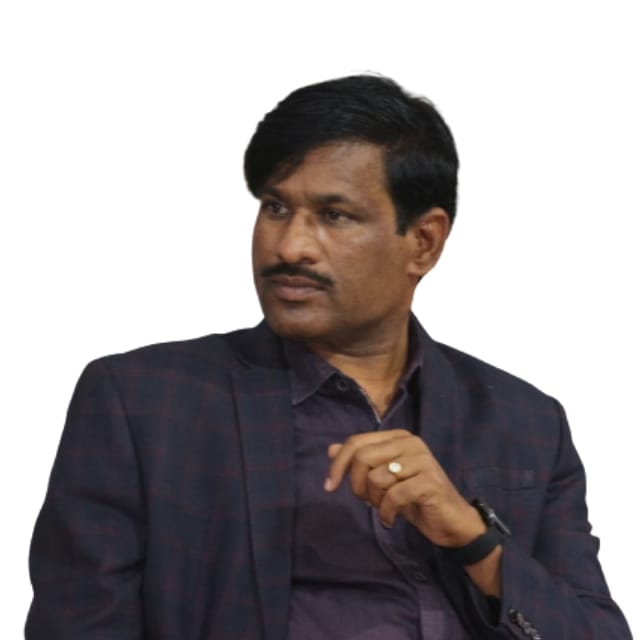Shri Jagdeep Dhankhar speaks about the Indian Constitution, specifically its Preamble, during what he describes as “propitious times” coinciding with the 75th commemoration of the adoption of the Indian Constitution and the 75th year of India’s republic. He emphasizes that these are important times for “discourse dialogue debate upon the ascension spirit of the Indian constitution”.
Key points of his address include:
- He states that the Preamble of any constitution is its “soul,” “seed,” and the “basis on which constitution has grown”.
- He highlights the uniqueness of the Indian Constitution’s Preamble, noting it was “imparted by we the people of India”.
- A central concern for him is that “except Bharat [India], nobody’s constitutions of preamble has undergone change”. He asserts that the Preamble is “not changeable” and “not alterable”.
- He strongly criticizes the 42nd Constitutional Amendment Act of 1976, which added the words “socialist,” “secular,” and “integrity” to the Preamble of the Indian Constitution.
- He views this amendment as a “travesty of justice” because it was affected during a “draconian emergency” proclaimed on June 25, 1975. He describes this period as the “darkest period of Indian democracy”, when “people were virtually enslaved,” “languishing in jails,” and “denied access to judicial system”.
- He contrasts this rushed amendment with the painstaking work of Dr. B.R. Ambedkar and his team, who worked for “2 years 11 months and 18 days” on the Constitution, considering global examples and India’s “civilizational history of 5,000 years”.
- He believes the addition of these words during the Emergency signals a “betrayal of the mindset of the framers of the constitution”, seeing it as “belittling the civilizational wealth and knowledge of this country” and “sacrileging the spirit of sanatan”.
- He warns that these added words are like “nasur” (a persistent problem or festering wound) and “will create upheaval,” leading to “existential challenges”.
- He references the Kesavananda Bharati versus State of Kerala (1973) case, citing Justice H.R. Khanna, who stated that “the preamble serves as a guide to the interpretation of the constitution and indicates the source from which the constitution derives its authority namely the people of Indian”. Shri Dhankhar concludes that changing the Preamble means “changing the soul of the constitution”.
- His aim in speaking is to “agitate public minds” and “catalyze national discourse” to achieve a “much needed corrective path”.
